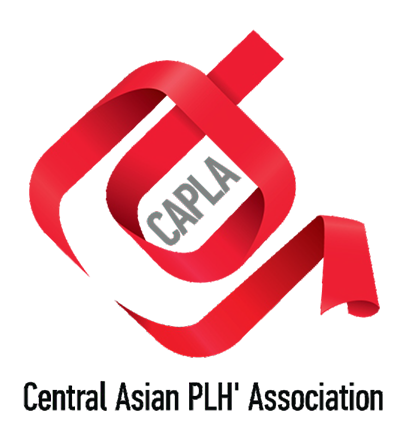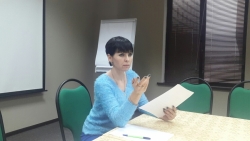The event was held within the framework of the project "Promoting HIV testing and HIV treatment among key and vulnerable to HIV group of population and promoting the reduction of stigma and discrimination against HIV-positive people in medical institutions" implemented by the Eastern European and Central Asian Association People living with HIV (ECUO PLWHIV) with the support of the UNAIDS Regional Support Team for Eastern Europe and Central Asia. Organizer of the round table Public Foundation "Council of Representatives of the Community of People Living with HIV, Kazakhstan".
Participants noted that the problems of stigma and discrimination continue to be the cause of the lack of access and low access to medical and social services for PLHIV and vulnerable groups of the population. The success of prevention largely depends on the concentration of activities in places and population groups where the risk of infection is highest. At the same time, according to the observations of the patients themselves and their relatives, the most frequent problems of PLHIV are still: lack of confidentiality by medical personnel, untimely initiation of treatment due to lack of access to accelerated diagnostic methods by definition of CD4 cells and a lack of antiretroviral drugs, which leads to frequent changes in the scheme of treatment, refuse from hospitalization and provision of emergency medical care.
-Providing PLHIV and other key populations with a comprehensive range of prevention, treatment, care and support services is in compliance with their inalienable rights to health, on freedom from discrimination, on access to information, medical and social services," said the President of the Central Asian Association and the Kazakhstani Union of people living with HIV Nurali Amanzholov.
The situation with the lack of places in the Center for Palliative Care in Almaty requires special attention. They are urgently needed to provide inpatient care to AIDS patients in the terminal stage. The participants intend to prepare a letter to the Ministry of Health and Social Development and the Republican Center for AIDS Prevention and Control about neccessarity to consider the possibility of increasing funding within the scope of the guaranteed volume of free medical care to provide palliative care for PLHIV.
The round table was attended by AIDS center physicians, representatives of public non-governmental and international organizations.

























